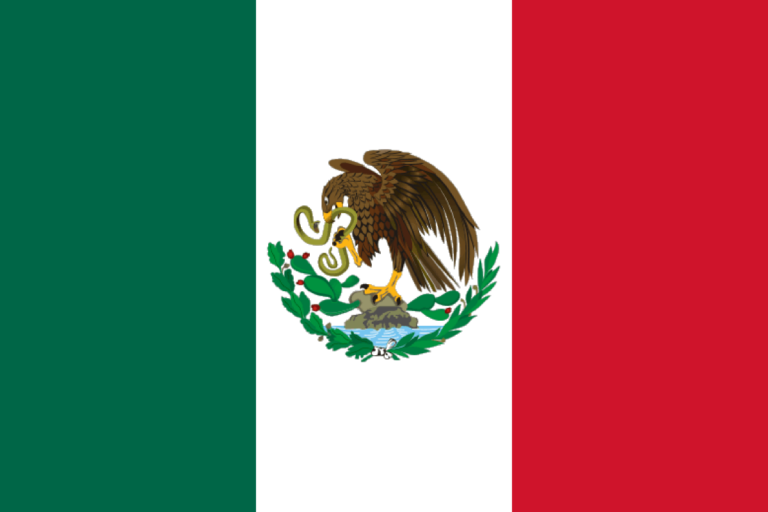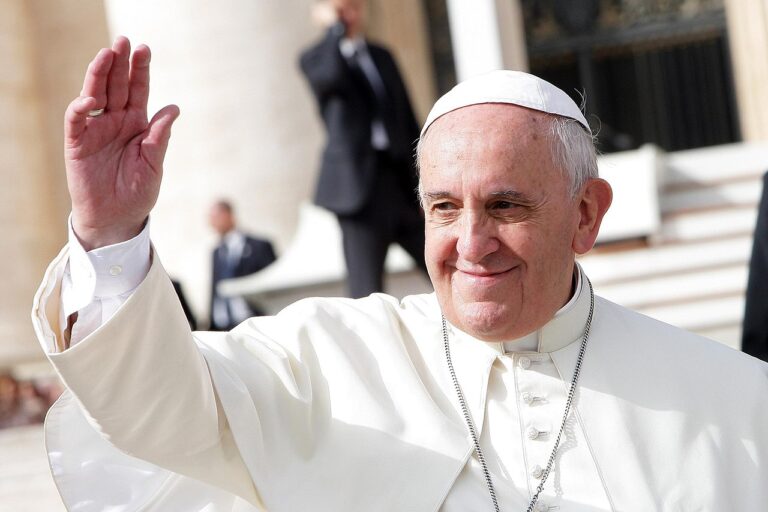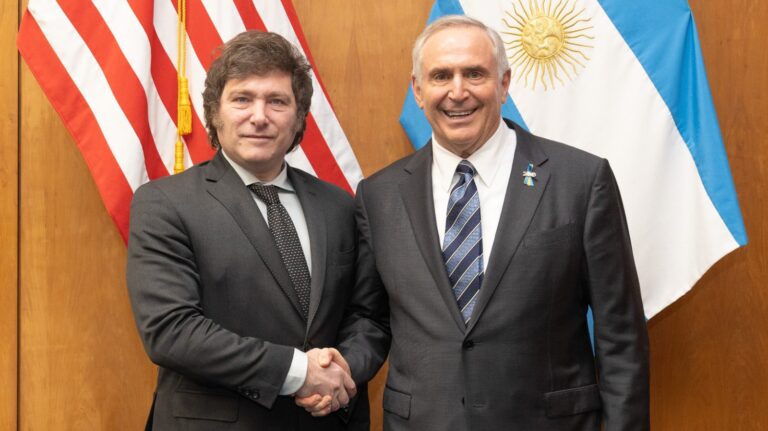The Fourth World Conference on Women (FWCW), to be held in Beijing 30 August to 16 September, has been in the making since 1990. At that time, the U.N. Economic and Social Council called for a world women’s conference in 1995, requesting further that the Commission on the Status of Women (CSW) serve as the preparatory committee. The final preparatory session for the FWCW run by the CSW occurred at U.N. headquarters 15 March to 7 April 1995.
The Draft Platform for Action, which sets the agenda for the Beijing conference, was initially prepared by the Secretary-General’s office at the request of CSW. The Secretary-General, Gertrude Mongella, with the assistance of John Mathieson and Kristen Timothy, and other U.N. staff, “further developed” the document with input from U.N. regional meetings. Regional meetings were organized by the Economic Commission for Europe (ECE), the Economic Commission for Latin America and the Caribbean (ECLAC), the Economic Commission for Asia and the Pacific; the Economic Commission for Africa (ECA) and the Economic and Social Commission for Asia.
The meetings were attended by delegates, non-governmental organizations, and youth and women’s groups. Regional recommendations were amplified by “Expert Group” meetings with a focus on “gender, education and training; women and economic decision-making; institutional and financial arrangements for FWCW’s Platform for Action; gender, and the Agenda for Peace.”
Delegates at the New York final preparatory session were urged by Under-Secretary-General, Nitin Desai, to place the FWCW in the context of other recent conferences. He described all of the U.N. conferences as part of a process “searching for a role for public policy in a rapidly changing world and of defining the responsibility of government for the social good.”
The preparatory sessions were observed to further develop the “evolv[ing]” relationship between “member States and civil society.” The civil society prominently advanced at the World Summit for Social Development consists of a partnership between transnational government (the United Nations and its member states) and non-governmental organizations (NGOs). While the NGOs are, on occasion, treated by government bureaucrats as “the electorate,” the majority are, in fact, special interest groups with a vested interested in obtaining government funding. NGOs have long been used and funded by governments to carry out unpopular policies, such as population control programs at the community level, in order to avoid public accountability and political repercussions. Neither the transnational bureaucracy of the United Nations nor that of the other organizations are elected by the people. In fact, representative government and democratic process are seriously lacking in the “new civil community” formed by the United Nations.
The lack of “consent by the governed” is all the more serious due to the U.N.’s economic and power partnerships with (sometimes corrupt) military security governments and totalitarian regimes. It will, of course, be governments which will choose the NGOs to advance the transnational agenda. Both have been bought and sold by economic/power interests before — and could be again. At a recent public meeting at The American University in Washington, D.C., Dr. Baudot, of the U.N. Development Programme, flicked the question of representative government aside with a casual, “We’re [the United Nations] moving toward representative government.” The question remains, what is the actual nature of this transnational “civil society” as it prepares to rule the world’s people — whether they like it or not?
As with the Cairo meeting, tensions again dominated the debate at the preparatory session for the FWCW. A debate on the definition of “gender” has yet to be resolved. The Bureau’s definition of “gender” as “culturally and socially constructed” was not accepted. A Contact Group, chaired by Namibia, a delegation known for its radical views, was set up to resolve differences on the definition before the meeting in Beijing. A “consensus” is to be established at the contact group sessions which must be accepted by delegates to the Beijing conference. At this time representatives from the industrialized nations, such as the United States, have refused to accept gender defined as “men and women.” These are the same delegations which bracketed the word “mother” and the word “human” (in human rights) as terms which needed further discussion. Within the working sessions, mention of “abstinence” or “chastity” led to laughing and open sneers among the delegates.
Two initiatives were begun at the session; one led by Australia, calling for a “Conference of Commitments” (which remain bracketed) and another calling for a draft resolution for a high-level post in the office of the Secretary to focus on “gender matters.”
Major topics addressed in the Draft Document include: The feminization of poverty; unequal access to education; inequalities in access to health and related services (related to sexuality and reproduction); violence against women; the advancement of peace and reduction of the impact of armed conflict on women; inequality in women’s access to economic structures and policies; inequality between men and women in private (family) and public decision-making; the advancement of women; and the “human rights” of women.
The accreditation of NGOs for the Beijing conference raised much concern; 490 NGOs were turned down for accreditation. An appeals process was eventually established and the deadline for new accreditation was moved to April 28th. China added to the heat of the debate when it moved the NGO Forum to a location three miles beyond the Beijing Airport, a site considerably removed from the main conference. The move created much uneasiness about NGO access coupled with other concerns related to possibilities of Chinese government censorship, confiscation of computers and other equipment, etc.
It is “gender” however, which remains the critical issue. As the Earth Negotiations Bulletin has reported: “The politics of gender will define and re-define numerous debates well into the next century” (Earth Negotiations Bulletin, Vol. 14, No. 9, 9).
A “small” question lingers: Whom do you want defining your child’s “gender identity” within the vast web of the proposed transnational government? NGOs? The United Nations? Government? Bella Abzug?










